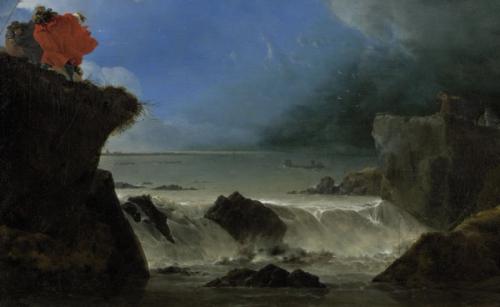
- Series editors
Lotte Jensen, Radboud University Nijmegen, the Netherlands
- Geographical Scope
- Europe and its worlds. By this we mean the relations between Europe and other continents. We also welcome cutting-edge research exclusively focusing on under-represented histories and cultures from other continents.
- Chronological Scope
- Most entries will concern the cultures of the medieval, early modern and modern periods, including studies of literature, history, culture and related disciplines (ca. 1400-2000).
- Editorial Board
Susan Broomhall, Australian Catholic University, Australia
Marguérite Corporaal, Radboud University Nijmegen, the Netherlands
Andrew Newby, University of Jyväskylä, Finland
Gerrit Schenk, Technical University of Darmstadt, Germany
Tim Soens, University of Antwerp, Belgium
Ingrid Zwarte, Wageningen University, the Netherlands- Keywords
- Disaster studies, catastrophes, history, culture, literature, representation, charity, memory, identity, regionalism.
- Flyer
- Download flyer
Disaster Studies
Throughout history disasters such as floods, famines, earthquakes, and epidemics have affected human experience in myriad ways. Disasters are given historical meaning through the impact of socioeconomic and political conditions, trauma support on a regional and national scale, and how transnational ties between global communities have ignited relief campaigns. Furthermore, for centuries, news about catastrophic events has been disseminated via media such as documentary, pamphlets, chronicles, newspapers, poems, illustrations and prints. As such, disasters have also been mediated through recurring cultural repertoires of representations.
This series seeks to address the ways in which communities in and beyond Europe have intervened in, coped with or given meaning to disasters that occurred close by or far away, in terms of both time and space. We invite submissions (both monographs and edited collections) in the fields of (political, socioeconomic and cultural) history, cultural studies, religious studies, art history, memory studies, gender studies, literary studies, and media studies.
Contracted for this series
- Anke Fischer-Kattner, Sonja Kleij, Thom Pritchard (eds), Crisis in the Early Modern World. Warfare, Memory, Identity
- Daniel R. Curtis, Epidemic Disease and Society in the Premodern Low Countries: Inequality, Community, and Gender
